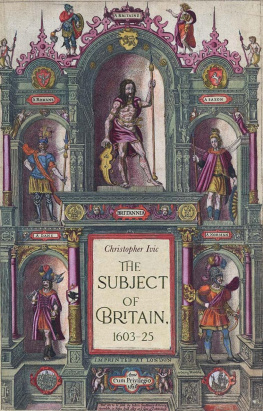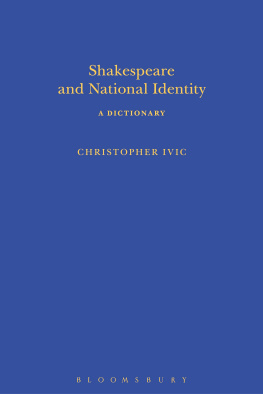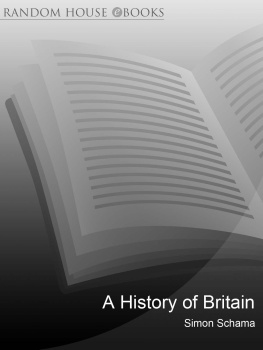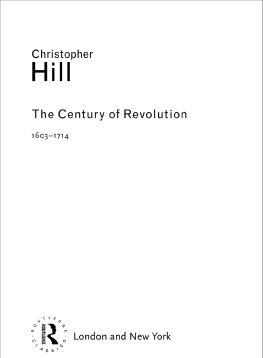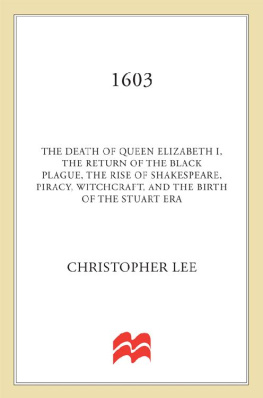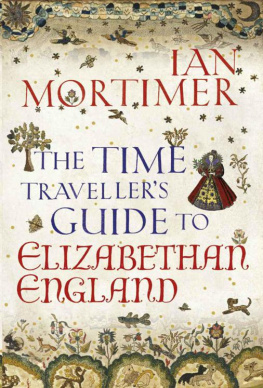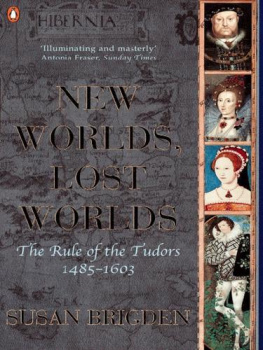The subject of Britain, 160325
The subject of Britain, 160325
Christopher Ivic
Manchester University Press
Copyright Christopher Ivic 2020
The right of Christopher Ivic to be identified as the author of this work has been asserted by him in accordance with the Copyright, Designs and Patents Act 1988.
Published by Manchester University Press
Altrincham Street, Manchester M1 7JA
www.manchesteruniversitypress.co.uk
British Library Cataloguing-in-Publication Data
A catalogue record for this book is available from the British Library
ISBN 978 0 7190 8870 4 hardback
First published 2020
The publisher has no responsibility for the persistence or accuracy of URLs for any external or third-party internet websites referred to in this book, and does not guarantee that any content on such websites is, or will remain, accurate or appropriate.
Cover image: John Speed, Title Page, Theatrum imperii Magnae Britanniae [The Theatre of the Empire of Great Britaine] (London 1616). By permission of The Folger Shakespeare Library.
Cover design: riverdesignbooks.com
Typeset by
Servis Filmsetting Ltd, Stockport, Cheshire
I dedicate this book to my wife, Amanda.
Contents
When citing material from early printed texts original spellings and punctuation have been retained, except in the case of long s and vv, which have been modernised. Omitted letters in early printed texts are supplied in italics: e.g., from. My transcription of early modern manuscript material seeks to capture as closely as possible the appearance of the handwritten text.
Where confusion could arise because of the existence of multiple copies of early printed texts Short Title Catalogue numbers are supplied.
Unless otherwise noted, quotations from Shakespeares plays are from Charlton Hinmans Norton facsimile of the First Folio and are given parenthetically, citing Through Line Numbers (TLN). When abbreviated titles of works by (or partly by) Shakespeare are supplied, I follow the Arden Shakespeare conventions: e.g. KL for King Lear.
I owe much to those wonderful scholars supervisors, fellow researchers, colleagues who have been not only helpful but also exemplary to me over the years. Many thanks to Sandra Clark, Ian Gadd, Elizabeth Harvey, John Jowett, James Knowles, Steve May, Andrew McRae, Andrew Murphy, John Pitcher, Philip Schwyzer, Richard Stamp, Paul Stevens, Margaret Tudeau-Clayton, Paul Werstine and Grant Williams. A special thanks to Jim Doelman, Tracey Hill and Willy Maley for reading and commenting on sections of this book. Thank you also to the MUPs anonymous readers for the invaluable feedback they provided. And thank you, Matthew Frost, for taking on this book and being very patient.
I would like to record my gratitude to the following funding bodies, whose generosity made possible the archival research for this book: The Bibliographical Society, The British Academy, The Folger Shakespeare Library, The Huntington Library, The Centre for the History of the Book/The Institute for Advanced Studies in the Humanities (The University of Edinburgh), The National Endowment for the Humanities, The Newberry Library and the Social Sciences and Humanities Research Council of Canada.
The subject of this books title refers to a geographical entity as well as its inhabitants: namely, Britain (geopolitically, Britain and Ireland) and Britons (or the English, Scottish and Welsh; geopolitically incorporating Irelands increasingly culturally and religiously diverse subjects). The Subject of Britain, therefore, explores one islands, at times two islands, geography, history (indeed antiquity), people and real and imagined polities, and it does so through the eyes of those who surveyed the islands geography, wrote the islands history, staged its intra- and inter-island warfare and formed its multinational writing communities. Centred chronologically by the years 160325, this book explores Britain and its writing subjects within the context of the unprecedented triple monarchy of the Scottish King James VI and I, whose accession to the English throne in 1603 and desire for Anglo-Scottish or British union prompted his subjects to reflect on questions of cultural memory, intermingling, nationhood, national sovereignty, neighbourliness and political subjectivity/citizenship in new and exciting ways.
Richard Helgerson opens his groundbreaking Forms of Nationhood: The Elizabethan Writing of England with a list of seminal texts, including William Camdens Britannia, Michael Draytons Poly-Olbion, William Shakespeares English history plays and John Speeds Theatre of the Empire of Great Britaine; of these texts he has this to say: [n]ever before or since have so many works of such magnitude and such long-lasting effect been devoted to England by the members of a single generation. was not just a nation but also a dual (come 1603 triple) monarchy.
The same year in which Greenfelds book appeared, Helgersons Forms of Nationhood marked a seminal moment in the study of the relation between literary texts and national identity, as well as nationalism. Rightly, Helgersons work has been criticised by literary historians informed by the New British History for its too-narrow focus on England. Helgersons readers, for instance, are never really directed to the nation where Spenser wrote the bulk of The Faerie Queene or to the Irish, Welsh, Scottish presence in Shakespeares so-called English histories. In response to England-centred literary historians, David Baker, Kate Chedgzoy, Andrew Hadfield, John Kerrigan, Willy Maley and Philip Schwyzer have pushed early modernists to explore this periods literature within a wider British, archipelagic, indeed transatlantic framework. Philip Schwyzers Literature, Nationalism, and Memory in Early Modern England and Wales, for example, examines the production of a British national consciousness in the sixteenth century. However, his study of predominantly Tudor texts, the very Jacobean King Lear being an exception, concludes a narrative on Britain and Britishness at a point in time when British subjects were responding imaginatively, ambivalently, critically to the accession of a self-styled King of Great Britain who sought to form a unified British state and a united British nation.
Such a state never materialised in the Jacobean period, nor did such a nation; the 1707 Act of Union, the story goes, produced the islands modern Britain and Britons. Whilst the Jacobean period may or may not have witnessed the invention of a British national consciousness and a British identity, neglecting the wider British (and Irish) geopolitical framework within which a nascent sense of Englishness emerged risks obscuring the ways in which a burgeoning internal British Empire conditioned such an identity. Rather than positing a teleological narrative of the forging of Britishness, The Subject of Britain investigates the complex and often contradictory ways in which the heterogeneous writing of Britain put in place new ideologies and new ways of thinking about collective and individual identities within the context of the islands increasingly intersecting and intermingling peoples and cultures.
The Subject of Britain contributes to a flourishing field of study in three significant ways. First, my focus on identity formation seeks to advance knowledge by foregrounding instances of fruitful cultural production in this period. Critics tend to highlight ways in which the early modern period anticipates modernitys fears and anxieties. My research has led me to reflect on the ways in which the early seventeenth century gave voice to ideas of peoples and nations joining together, however tenuously. To read, for instance, Francis Bacons and David Hume of Godscrofts pronouncements on the common ancestry, the cultural proximity of Britains inhabitants against Richard Verstegans proclamation of Englands Saxon roots in his


